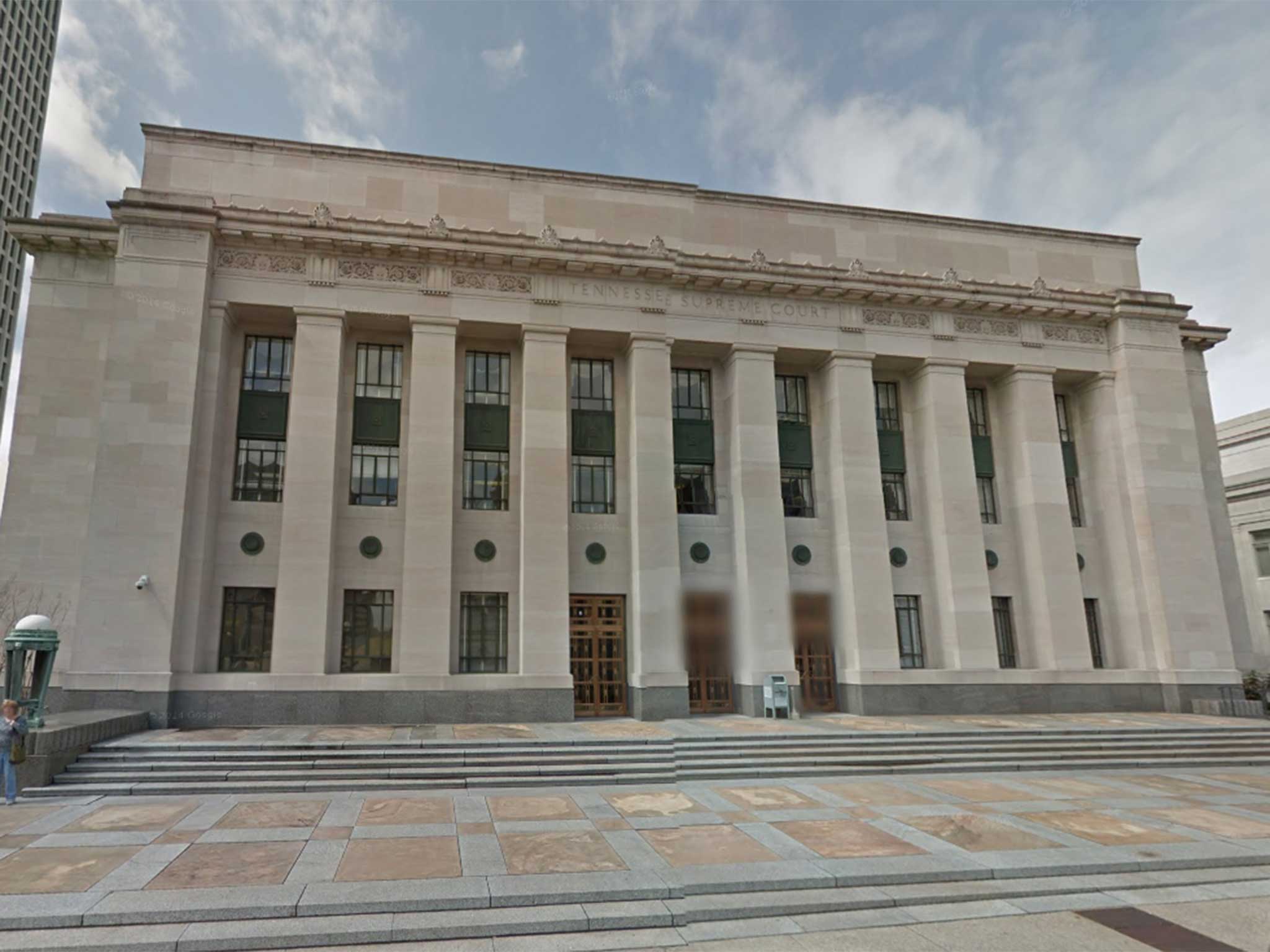Tennessee's Supreme Court postpones four executions, effectively closing death row after legal objections over lethal injections
The court will rule whether new methods are constitutional

Your support helps us to tell the story
From reproductive rights to climate change to Big Tech, The Independent is on the ground when the story is developing. Whether it's investigating the financials of Elon Musk's pro-Trump PAC or producing our latest documentary, 'The A Word', which shines a light on the American women fighting for reproductive rights, we know how important it is to parse out the facts from the messaging.
At such a critical moment in US history, we need reporters on the ground. Your donation allows us to keep sending journalists to speak to both sides of the story.
The Independent is trusted by Americans across the entire political spectrum. And unlike many other quality news outlets, we choose not to lock Americans out of our reporting and analysis with paywalls. We believe quality journalism should be available to everyone, paid for by those who can afford it.
Your support makes all the difference.A US state’s Supreme Court has effectively halted all executions in the southern state after it postponed the executions of four inmates on death row.
Tennessee’s Supreme Court postponed the executions of Leroy Hall Jr, 48, Donald Wayne Strouth, 56, Nicholas Todd Sutton, 53, and Abu-Ali Abdur’Rahman, 64, as it debates whether current protocols are constitutional.
The state has executed six individuals since 2000, all for murder, with the last execution in 2009.
Since then however, there has been increasing discussion – and difficulties – over the methods used to execute death row prisoners. Additionally, protracted and expensive legal battles have blunted many states’ desire to continue the death penalty.
In 2013 and 2014 Tennessee set execution dates for 11 prisoners, introducing a new lethal injection method and reinstating the use of the electric chair as a backup.
With the exception of one inmate who died in prison, all others – now including the latest four – have had their executions postponed after legal objections surrounding the state's methods were raised.
The court will however set dates for the men’s execution as soon as the legal questions are resolved.
Hall was convicted for premeditated murder after he burned his ex-girlfriend to death in 1991. Strouth was convicted in 1978 after he murdered a clothing shop working, first knocking him unconscious and then slitting his throat. Sutton, originally sentenced to jail for child molestation, was sent to death row after murdering another prisoner in 1985.
The most controversial inmate is Abdur’Rahman, formerly James Lee Jones, who was convicted of murder in 1986.
He is believed to be seriously mentally unwell after a lifetime of abuse at the hands of his parents and then fellow prisoners. The European Union has called for a stay on his execution.
Tennessee is just one state out of the 32 still with the death penalty that face increasing practical difficulties as manufacturers refuse to supply prisons with the necessary drugs.
Many of these states, including Tennessee, use the sedative pentobarbital in the procedure. The drug is manufactured by a Danish company, which has restricted distribution to US governmental offices.
In response many states have returned to older methods, such as the electric chair, hanging or firing squads.
Additional reporting by Associated Press
Join our commenting forum
Join thought-provoking conversations, follow other Independent readers and see their replies
Comments